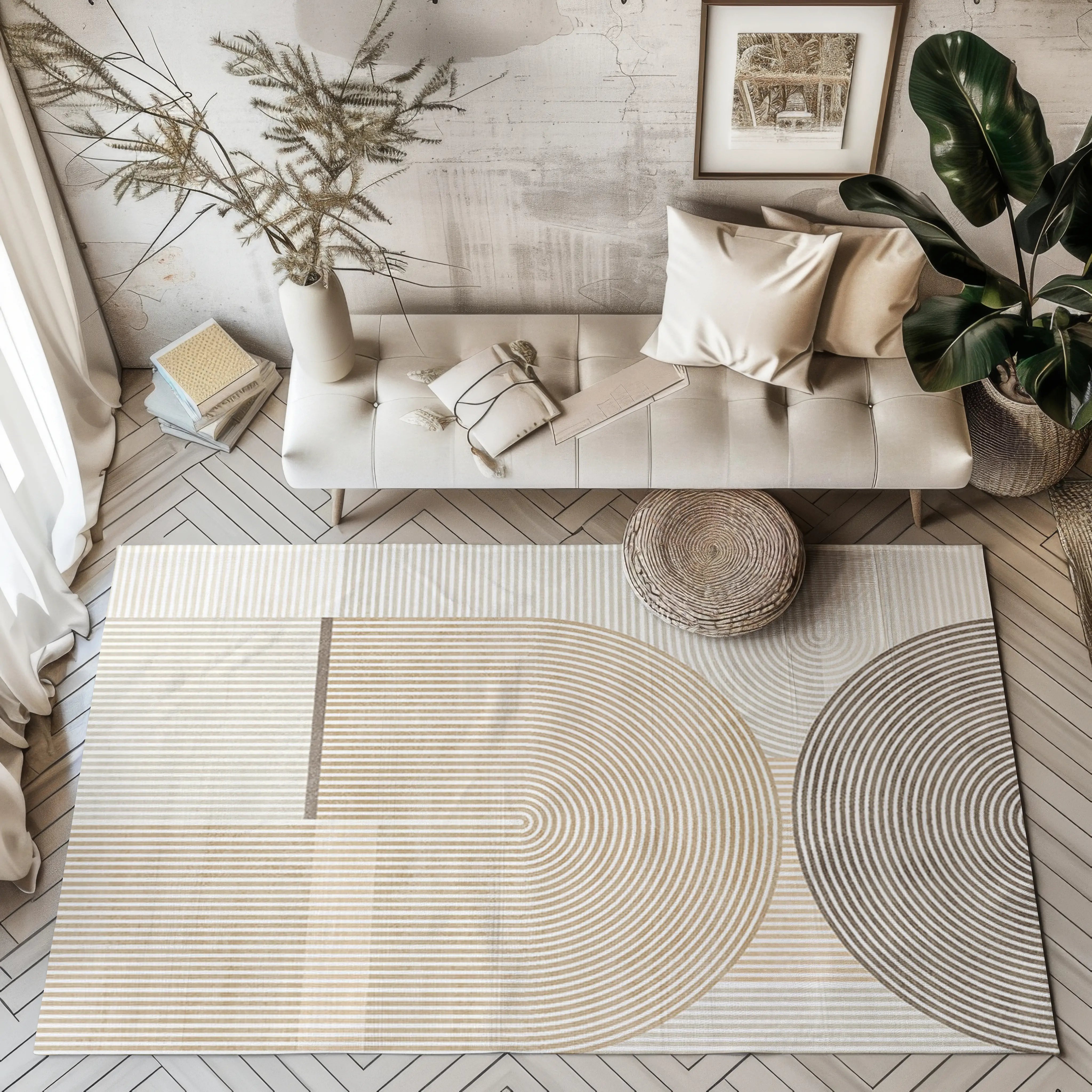Transform Your Child's Bedroom: Discover the Secrets to Choosing Safe Rugs!
Creating a safe environment for children is a top priority for any parent, and one of the essential elements in achieving this is the choice of rugs in their bedrooms. Rugs not only add warmth and comfort but also play a crucial role in ensuring safety as children explore their surroundings. Choosing child-safe rugs can protect little ones from potential accidents and allergens while enhancing the overall aesthetic of the room. In this article, we will delve into the features and characteristics that make rugs safe for children, helping you make informed decisions for your child's cozy space.

Understanding Child-Safe Rugs
Child-safe rugs are designed with materials and features that prioritize the well-being of children. These rugs are typically free from harmful chemicals, ensuring that they won't emit toxic fumes that could affect air quality in the bedroom. Additionally, child-safe rugs often include design elements that reduce the risk of slips and falls, providing a stable surface for active kids. A well-chosen rug can absorb sound, making playtime quieter, and also serve as a soft landing for tumbles. By understanding what constitutes a child-safe rug, parents can make better choices that contribute to a safer environment in the home.
Key Features of Safe Rugs
When selecting child-safe rugs, several essential characteristics should be considered. First and foremost, non-toxic materials are crucial; look for rugs made from organic fibers or those labeled as free from harmful chemicals. Hypoallergenic properties are also vital, especially for children with allergies or sensitivities. A durable rug can withstand the wear and tear of daily play, ensuring it remains a safe and attractive addition to the room. These features not only protect children from potential hazards but also provide peace of mind for parents, knowing their child's play space is safe.
Choosing the Right Material
Rug materials can significantly impact safety and maintenance. Natural fibers like cotton and wool are often recommended for child-safe rugs due to their softness and breathability. Cotton is easy to clean and maintain, while wool offers durability and natural stain resistance. On the other hand, synthetic options such as nylon or polyester can also be safe but may include chemicals during production. It's essential to weigh the benefits and drawbacks of each material, considering factors such as ease of cleaning and potential allergenic properties. Parents should choose materials that align with their child's lifestyle and safety needs.
Design Considerations for Safety
The design of a rug plays a significant role in its safety features. Thicker rugs can provide extra cushioning but may pose a tripping hazard if not properly anchored. Choosing rugs with a non-slip backing can prevent them from sliding around, reducing the risk of falls. Additionally, consider the patterns and colors; bright, engaging designs can stimulate a child's imagination while also helping to hide stains. For active children, selecting rugs that are low-pile and tightly woven can enhance safety while ensuring easy maintenance. By focusing on these design considerations, parents can find rugs that are both functional and safe.
Maintenance and Care for Longevity
Regular maintenance is essential for ensuring the safety and longevity of child-safe rugs. Routine vacuuming can help prevent the buildup of allergens and dirt, while prompt spot cleaning can address spills before they become stains. Depending on the material, rugs may require occasional deep cleaning, which can be done with gentle, non-toxic cleaners. It's also wise to rotate rugs periodically to ensure even wear and prolong their lifespan. By implementing these practical care tips, parents can maintain a clean, safe environment for their children to play and grow.
Choosing the Best Child-Safe Rugs for Your Home
In summary, selecting child-safe rugs is a crucial step in creating a safe and healthy bedroom environment for children. Understanding the key features, materials, and design considerations can empower parents to make informed choices that prioritize their child's safety. By focusing on rugs that are non-toxic, hypoallergenic, and easy to maintain, families can ensure that their children's play areas are both beautiful and secure. Remember, a well-chosen rug can enhance the comfort and safety of your child's bedroom, making it a nurturing space for exploration and creativity.








